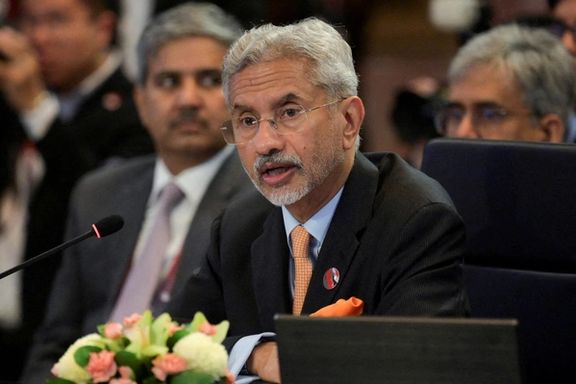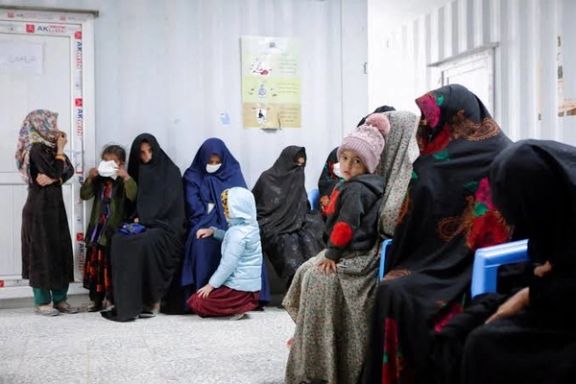In a statement issued on Thursday, 15 May, the TJCG expressed grave concern over findings aired in the BBC Panorama programme on 12 May, which included accounts from former British Special Forces members detailing alleged extrajudicial killings of civilians, children, and detainees. The reports also accuse soldiers of staging combat scenes by planting weapons on victims.
The BBC investigation, based on eyewitness testimony and internal military documents, revealed a pattern of criminal conduct, systematic cover-ups, and a disregard for Afghan lives. The report also suggests that senior political figures including former Prime Minister David Cameron may have been aware of the abuses.
The Afghan rights group stated that if proven, these acts would constitute serious breaches of international humanitarian law, including violations of the Geneva Conventions, Article 8 of the Rome Statute, and Article 6 of the International Covenant on Civil and Political Rights.
Under NATO security agreements and international law, the UK is legally obligated to investigate and prosecute those responsible. The TJCG urged the British government to broaden the scope of its ongoing investigations into the conduct of its special forces to include command responsibility, patterns of systemic abuse, and potential institutional cover-ups.
The group also called for international oversight, engagement with victims’ families, and appropriate compensation for those affected.
The BBC further reported that a senior British general, who previously withheld key documents related to the alleged crimes, later oversaw the rejection of resettlement applications from hundreds of Afghan commandos who had served alongside British forces.
The TJCG emphasised that the International Criminal Court (ICC) must investigate all parties involved in Afghanistan’s conflict including the Taliban, the former Afghan government, and NATO member states such as the United Kingdom.
Founded in 2009, the TJCG is a coalition of Afghan human rights defenders, civil society organisations, and victims’ representatives working to advance justice, truth, and accountability for survivors of war and human rights abuses in Afghanistan.
Amnesty International UK also responded to the BBC report, calling the revelations serious and deeply troubling, and urged that all those implicated be subjected to fair and transparent trials in British courts.






